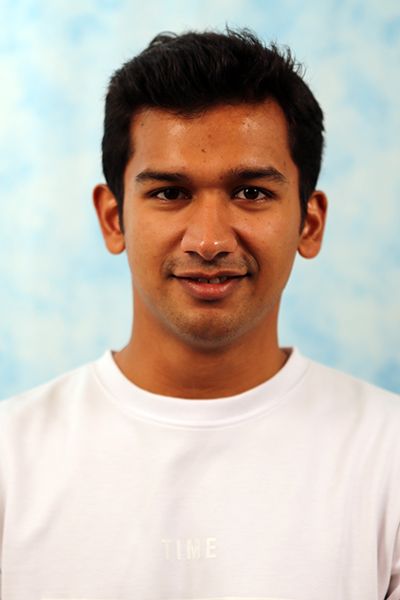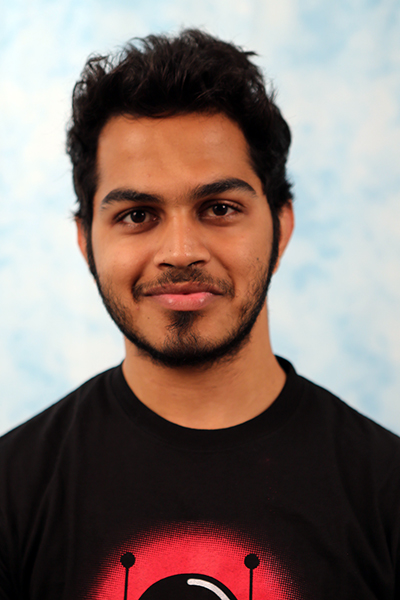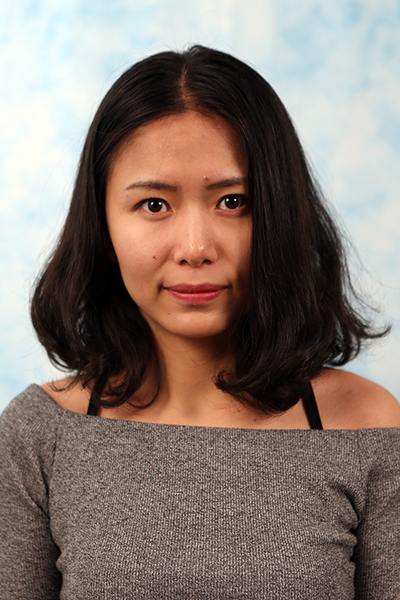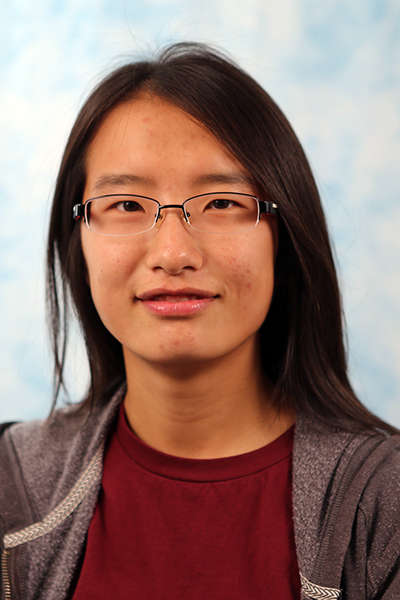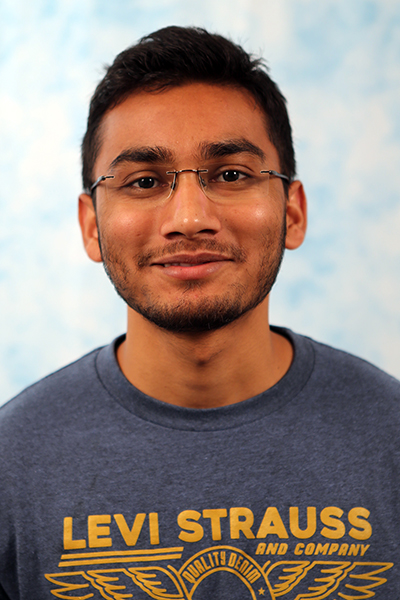Carnegie Mellon University
Shubham Agrawal – MSR Thesis Talk
Title: 3D Face Geometry Capture Using Monocular Video Abstract: Accurate reconstruction of facial geometry has been one of the oldest tasks in computer vision. Despite being a long-studied problem, many modern methods fail to reconstruct realistic looking faces or rely on highly constrained environments for capture. High fidelity face reconstructions have so far been [...]
Carnegie Mellon University
Tejas Khot – MSR Thesis Talk
Title: Unsupervised Learning for 3D Reconstruction and Blocks World Representation Abstract: Recovering the dense 3D structure of a scene from its images has been a long-standing goal in computer vision. Recent years have seen attempts of encoding richer priors into the geometry-based pipelines with the introduction of learning based methods. We argue that the form of 3D [...]
Tracking Beyond Detection
Abstract: The majority of existing vision-based methods perform multi-object tracking in the image domain. Yet, in mobile robotics and autonomous driving scenarios, pixel-precise object localization and trajectory estimation in 3D space are of fundamental importance. Furthermore, the leading paradigms for vision-based multi-object tracking and trajectory prediction heavily rely on object detectors and effectively limit tracking [...]
Carnegie Mellon University
Yubo Zhang – MSR Thesis Talk
Title: A structured model for action detection Abstract: A dominant paradigm for learning-based approaches in computer vision is training generic models, such as ResNet for image recognition, or I3D for video understanding, on large datasets and allowing them to discover the optimal representation for the problem at hand. While this is an obviously attractive approach, [...]
Carnegie Mellon University
Nilesh Kulkarni – MSR Thesis Talk
Title: Canonical Surface Mapping via Geometric Cycle Consistency Abstract: We explore the task of Canonical Surface Mapping (CSM). Specifically, given an image, we learn to map pixels on the object to their corresponding locations on an abstract 3D model of the category. But how do we learn such a mapping? A supervised approach would [...]
Robotics Institute Faculty Retreat
More information to come.
Yufei (Judy) Ye – MSR Thesis Talk
Title: Leveraging Structure for Generalization and Prediction in Visual System. Abstract: Our surrounding world is highly structured. Humans have a great capacity of understanding and leveraging those structures to generalize to novel scenarios and to predict the future. The thesis studies how computer vision systems benefit from the similar process -- leveraging inherent structures in [...]
Carnegie Mellon University
Dhiraj Gandhi – MSR Thesis Talk
Title: Self-Supervised Robot Learning Abstract: Supervised learning has been used in robotics to solve various tasks like navigation, fine manipulation, etc. While it has shown a promising result, in most cases the supervision comes from the human agent. However, relying on human is a huge bottleneck to scale up these approaches. In this thesis, [...]
Carnegie Mellon University
MSR Thesis Talk – Chia Dai
Title: Few-Shot Learning for Semantic Segmentation Abstract: Most learning architectures for segmentation task require a significant amount of data and annotations, especially in the task of segmentation, where each pixel is assigned to a class. Few-shot segmentation aims to replace large amount of training data with only a few densely annotated samples. In this talk, [...]
Carnegie Mellon University
Subhodeep Mitra – MSR Thesis Talk
Title: A fast algorithm for consecutive ones with applications in item labeling Abstract: We develop and analyze a general problem in a crowd-sourced setting: users pick a label from a set of candidates for a set of items; the problem is to determine the most likely label for each item, as well as a ranking [...]
